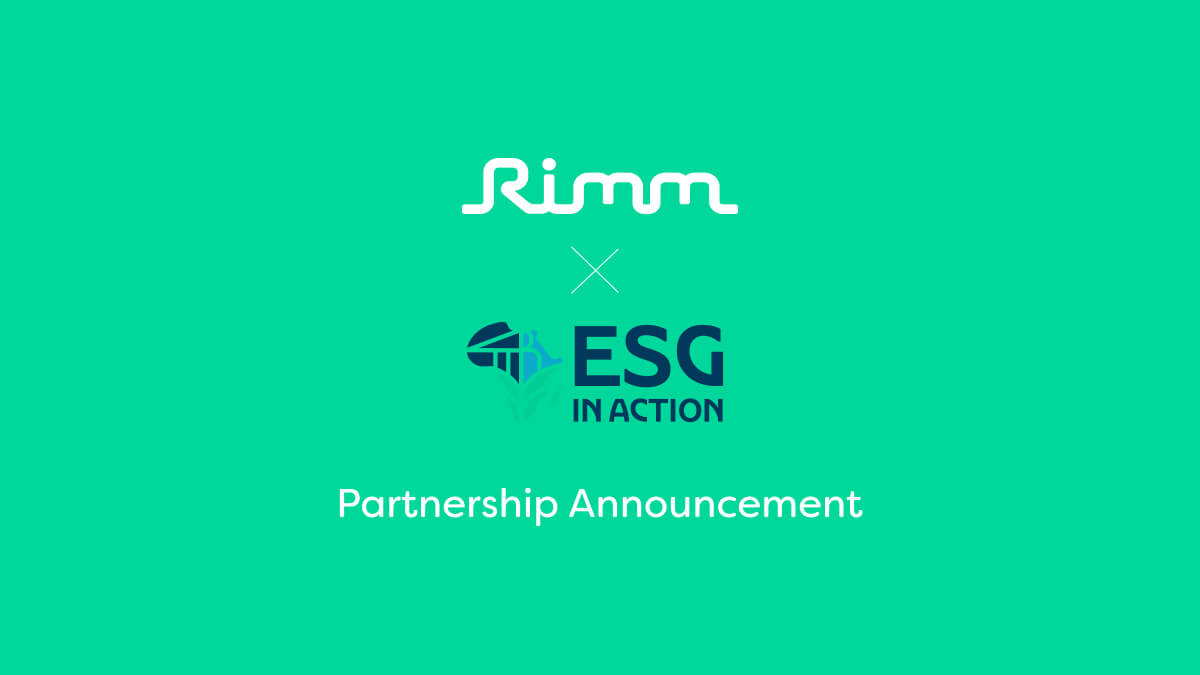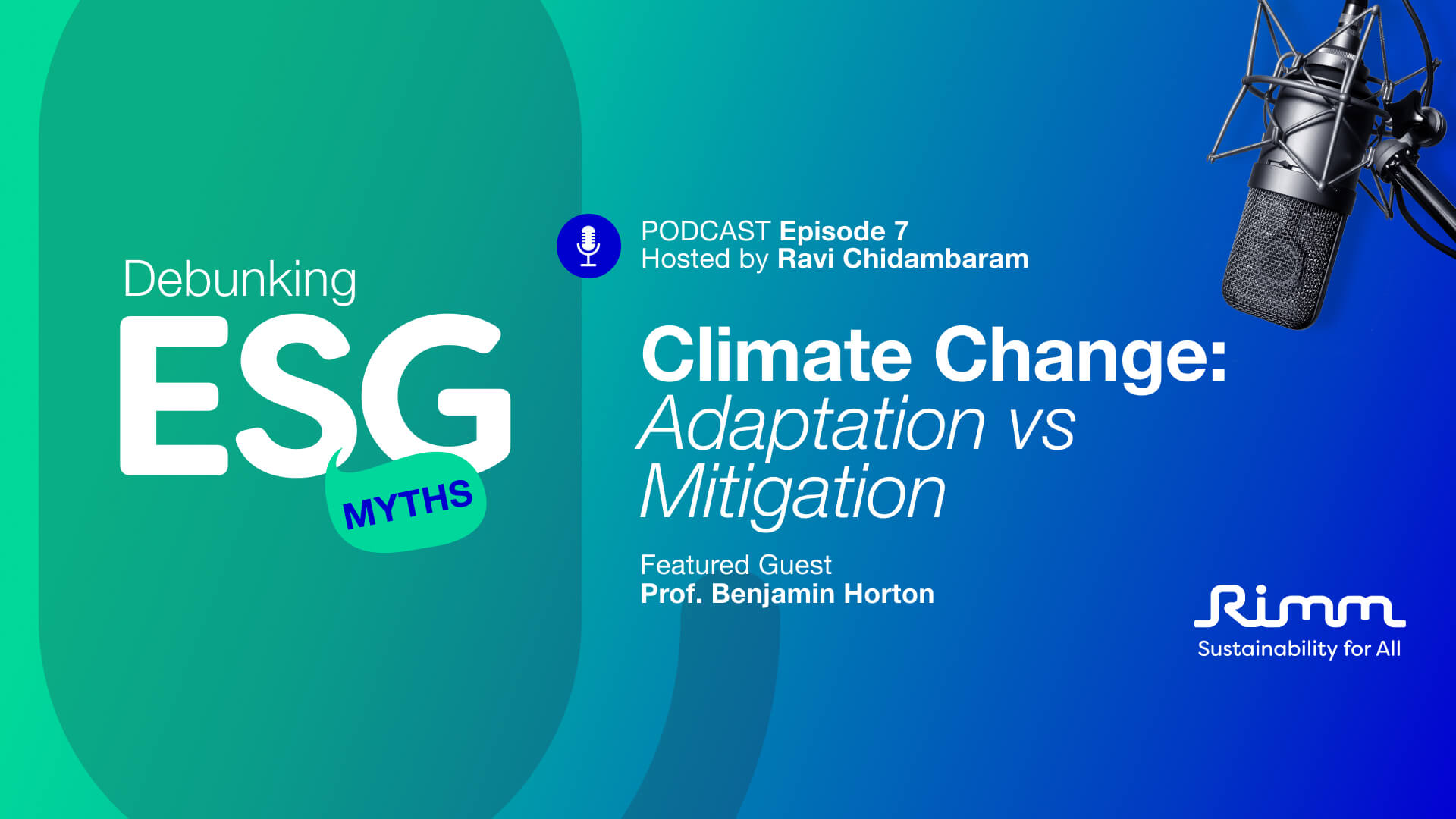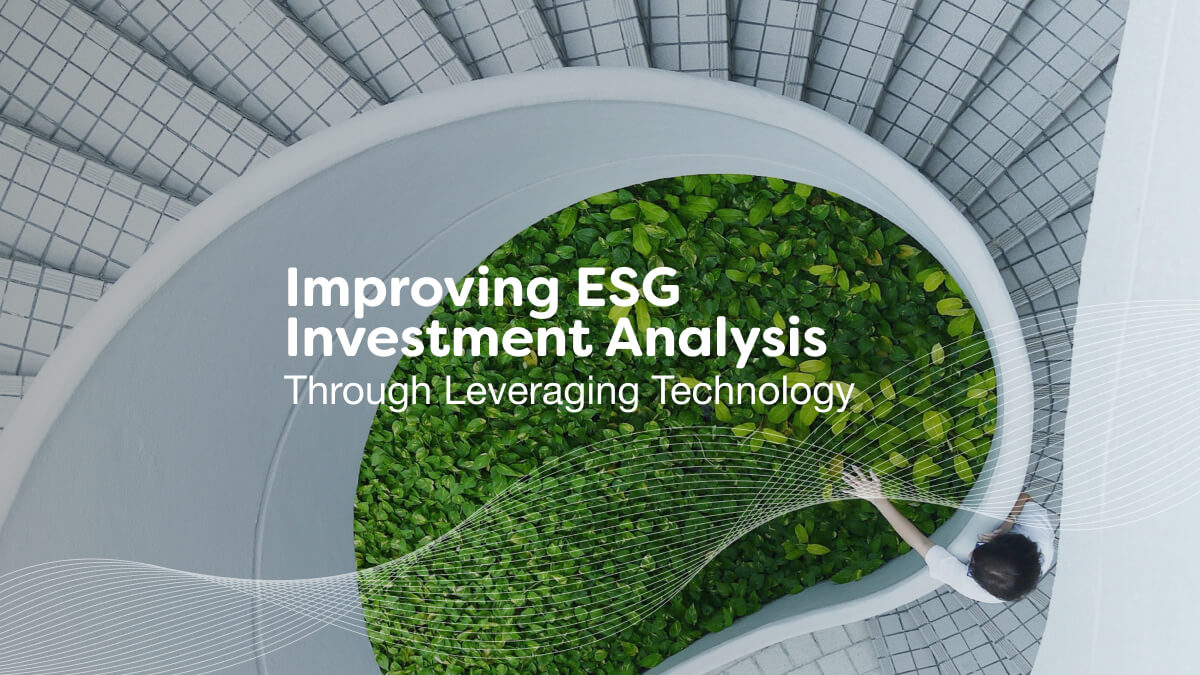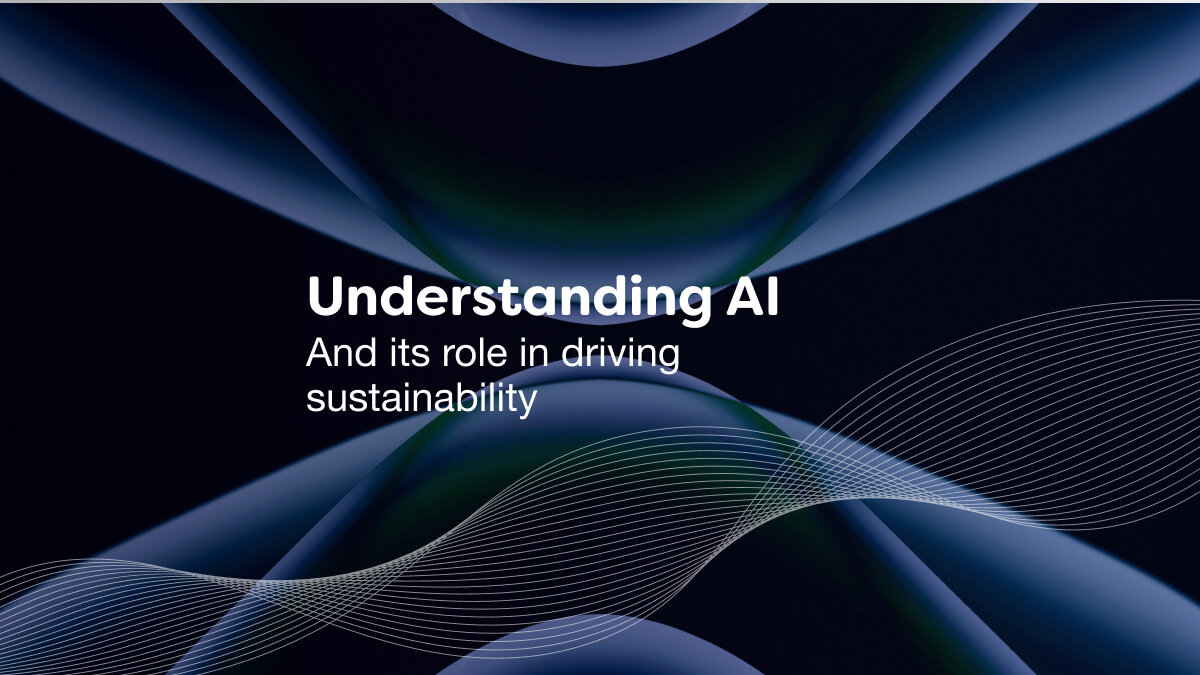By integrating sustainability into their brand and culture from day one, SMEs can gain a competitive advantage, drive growth, improve performance, and attract clients who share their values. Dr Leeya Hendricks, Chief Marketing Officer at Rimm Sustainability, shares insights on how to do it.
Sustainability is no longer just a buzzword. It has become a critical factor for businesses of all sizes, including SMEs, in driving long-term success and positive impacts on the planet.
In today’s competitive business landscape, small and medium-sized enterprises (SMEs) have a great opportunity to integrate sustainability into their brand-building strategies. This can help them build significant competitive advantage while also contributing to global efforts on issues such as climate change.
Embracing the journey towards net-zero emissions is an excellent place to start for SMEs looking to bake sustainability into their identity and DNA. Achieving net zero emissions means balancing the greenhouse gases they emit with the amount they remove from the atmosphere.
But embedding other issues in the sustainability-related areas of environment, social and governance will also help them position for success. Customers are increasingly seeking brands that align with their values and prioritize sustainability. If the firm can demonstrate a genuine commitment to sustainability, it will become a magnet for customers who want to make ethical purchasing decisions.
By communicating their sustainability initiatives clearly and reporting progress transparently, SMEs can attract new clients who share the same values and build a loyal customer base.
Building sustainability into culture
For SMEs, sustainability should be more than just a standalone initiative. They should embed it in their brand, culture, values, and operations.
By making sustainability a core principle, SMEs can demonstrate their commitment to environmental stewardship and social responsibility. This includes integrating sustainable practices into their supply chain, adopting energy-efficient technologies, minimizing waste generation, and supporting ethical sourcing. Doing so doesn’t just reduce their environmental footprint, it inspires and engages their employees, customers, and stakeholders.
Competitive advantage and growth
Increasingly, consumers seek products and services from companies that align with their values, including environmental consciousness.
By demonstrating commitment to sustainability from start-up, SMEs can gain a competitive advantage by attracting a growing customer base that prioritizes ethical and eco-friendly choices. Moreover, most research shows sustainability-driven innovation can also create value by generating market opportunities, improving operational efficiency, saving costs and attracting clients.
Sustainability goes beyond environmental considerations. It encompasses social and governance aspects too. SMEs that prioritize these aspects enhance their overall performance by, for example, fostering a positive company culture, ensuring fair labor practices, promoting diversity and inclusion, and practicing transparent governance.
These factors contribute to a positive brand image and attract prospective clients who value responsible business practices. SMEs can then use sustainability to stand out in a crowded marketplace and forge long-term partnerships with like-minded clients.
Enabling the net zero journey
To embark on the net zero journey, SMEs need to set clear goals, establish a roadmap, and track their progress. This includes conducting a comprehensive assessment of their carbon footprint, identifying emission sources, and implementing measures to reduce and offset their emissions. Collaboration with sustainability experts, leveraging technology solutions, and engaging employees and stakeholders are essential for achieving net zero targets.
Sustainability and brand building are intertwined for SMEs on their journey to net zero. Integrating sustainability into culture boosts competitive advantage, growth, and performance; and attracts clients with shared values. Embracing sustainability and communicating it effectively will also help position the company as a leader in its industry, driving success while contributing to a more sustainable future.
It’s an opportunity to impact the planet positively, while ensuring long-term success and resilience for the company. With the right commitment, strategy, and tools, SMEs can lead the way towards a sustainable and prosperous future.
How Rimm can help
Companies can use technology to mitigate sustainability risks and optimize their environmental and financial performance. Rimm offers automated ESG reporting services and analytics tools that help organizations improve their corporate strategy, risk management and sustainability performance.
Learn more about Rimm’s sustainability and ESG solutions – browse our solutions catalogue or book a free demo today!

Dr. Leeya Hendricks
Chief Marketing Officer, Rimm Sustainability
Dr Leeya Hendricks has held executive roles across financial services and technology and has led global portfolios driving impactful brand awareness, demand generation, growth marketing initiatives that will further our mission around sustainability and create impactful value with and for our clients.
Simplify Your Sustainability Performance & Tracking With myCSO
✅ Calculate your scope 1, 2 and 3 emissions instantly
✅ Gauge your company’s sustainability performance
✅ View your sustainability performance all from one dashboard
✅ Benchmark against industry peers
Enter your information below to book a demo with our team today.







